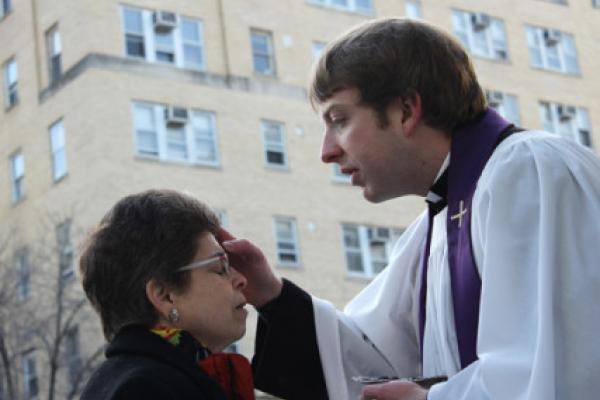Mar 11, 2014
I’ll just say it: I thought “ashes to go” was a great idea.
Take the imposition of ashes out to the sidewalks where people actually are, rather than staying primly inside on Ash Wednesday and hoping someone might venture in.
Thousands of clergy and lay liturgists did “to-go” this year. From all evidence, it was a great hit.
Not everyone appreciated the innovation, of course. But then not every Christian appreciates a liberation-minded pope, or songs on projection screens, or preachers in jeans, or services at any time other than Sunday morning, or ditching denominational hymnals, or coffeehouses doubling as worship venues.
Read the Full Article

Already a subscriber? Login
